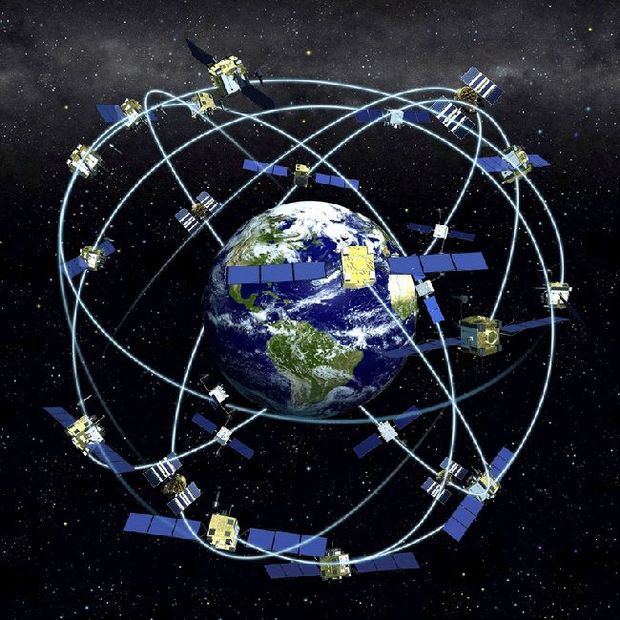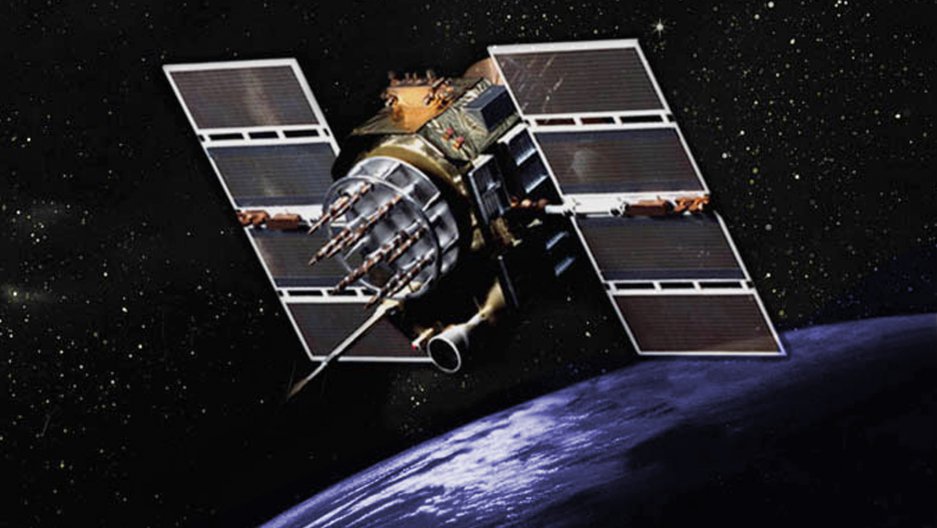Historically the Global Positioning System (GPS) was initially designed for use by the military and other government agencies. Over time, however, the use of GPS services has bloomed into a real consumer-driven device. Today, it’s not uncommon to see people using hand-held GPS devices, people with in-dash GPS devices in their cars, GPS-enabled cell phones, etc. Even news agencies are using GPS to locate stories.
Today, we look at several ways GPS is changing the world today.
Navigation
A couple of years ago, finding one’s way from point A to B normally required at least one very large map. However, when the government of the United States changed the rules, allowing more accuracy of satellite signals to be available to civilians, the boom in GPS navigation systems for cars started.
Today, as Professor Brad Parkinson, the co-founder of GPS, wittily points out, “most people don’t pull out maps anymore; they pull out smartphones, and then tend to blame GPS if the directions are wrong.”
Leisure
Today, virtually everyone uses GPS to locate recreational places. Hikers, campers, bikers, and even fishermen, use some form of GPS while going about their daily activities:
- Campers can use GPS to locate the ideal place to camp.
- Hikers and bikers use GPS devices to help them stay on course.
- Fishermen need GPS in order to navigate waters unharmed.
Tracking
According to the GPSTrackit blog about RFID tags for inventory tracking; being able to control your inventory while cutting down on losses can save your business a lot of time and money. They also point out while this is important to track merchandise that GPS fleet tracking software will cut costs dramatically as well while keeping drivers safe and accounted for.
As a business owner, you will never have to worry about who is where and if employees might be sleeping on the job as you will have access to these vehicles, routes, fuel consumption, speeds, and even the amount of time they spend idle in a vehicle.
Safety
As we just saw GPS is great for tracking and with this in mind, security agencies can use GPS tracking in their crime investigations or rescue missions. They can analyse GPS data to identify locations of suspects or victims. Parents can also monitor their children by installing a GPS system on their children’s mobile devices and belongings.
When your cell phone or other hand-held gadgets are fitted with GPS, you can easily obtain their movement or location history. This is highly beneficial if you’ve misplaced your device, or you want to track other people.
Health and Fitness
GPS technology has revolutionized the world of health and fitness. Today, we have GPS-focused running watches, which come with full connectivity that allows you to monitor everyday activities. These watches use GPS data to provide you with metrics such as heart rate, calories burnt, and inclination.
After you’ve selected the exercise mode on such a kind of a watch, it will start searching for GPS lock. Once it’s locked to the GPS, the watch goes to the data page and begins to record your exercise.

Conclusion
Two decades ago, none of the aforementioned things, among numerous others, had even been conceived, let alone actually existed. In fact, a few years ago, it could have been nothing short of a miracle if there was a tiny box in your car telling you where to go, as well as how to get there.
It’s suffice to say that GPS technology is one of those little revolutions that have gradually, but surely in an unobtrusive manner changed our world.



